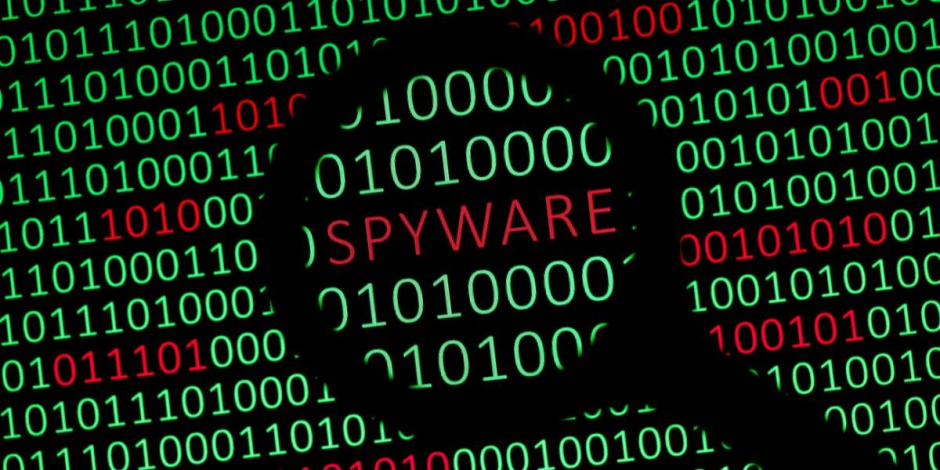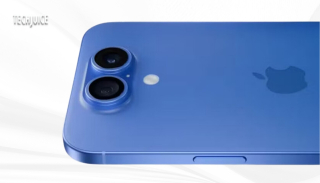As technological trends continue to make impactful changes, misuse of these technologies has increased. Many hacker groups utilize different software tools to fetch information for personal profit and gain. Chances are even that fun game you installed on your phone might be sending your personal data to the owner without your consent.
How spyware works
In a nutshell, spyware is primarily software that resides on a device and sends data to the creator of the software. The data it fetches from your device varies, it may be surfing habits, system details, login information, or even data regarding your online banking methods. These spyware softwares can be in any form such as ads that pop up on your computer when you are searching for something or when you download a harmless productivity app or game. Once you download or open these so-called harmless apps and ads they provide you with what you think you need but also start gathering information about you from the backend and most probably sell it for profit.
We always think how the top-rated apps in the Google Play Store and Apple’s App Store are free and easily accessible but the reality is that you may not be paying with money but you certainly are paying for what you use with your data.
The effects of spyware
If you have a suspiciously friendly-looking app on your phone or some neat add-on for your browser, then it’s most probably spyware. However, the effects of spyware aren’t just collecting data as it also sends spam e-mail to you and your contacts. In addition, everything you search on the web might be traced. The worst-case scenario is when hackers download your images or try to access your banking details.
There have been many cases where people have gone bankrupt by just clicking one advertisement on the internet. Based on previous records of spyware, hacker groups even got someone nearly to jail by utilizing a user’s personal computer to break the law.
Avoiding spyware
Although ads and ‘so-called friendly apps will keep popping up every now and then so hence there is very little chance that one could completely eradicate spyware from the world but you can always avoid it. Here are a few steps you can take to prevent spyware from mucking up your device:
- Keep your Windows and Mac OS up to do date and ensure you install the latest security patches. Such patches are specifically designed to prevent spyware in the first place.
- Install verified anti-virus softwares from reliable sources and ensure that they are constantly updated. The most popular brands include Norton, Microsoft Defender, McAfee, Spybot, Search & Destroy, Pest Control, and Grisoft.
- Do not download shareware or any application from an unknown source. Always check that the site connection is secure or not before proceeding.
- After you download a software, be sure to read the terms and conditions before heading on to install the software.
- Do not click on pop-up ads even if the ad shows the name of a popular brand. If you mistakenly open an add quickly close the tab. Moreover, if something you see is being downloaded after clicking the ad, make sure to cancel the download.
- Try to install a firewall especially if you use a home network or if you have your own servers. This allows you further protection from hackers.
- If you see a tab that pops up and says ‘A virus has been detected.’ do not take any action and simply close the tab.
- Never open e-mail attachments from unreliable sources.
Removing spyware
Let’s say you have spyware in your computer or any other device, here are several steps you can take to remove the spyware:
- Disconnect your device from the internet and run a comprehensive scan on your device using your anti-virus software.
- Once detected check the location of the spyware and delete all respective files.
- If nothing else works, format your hard drive and reinstall your OS and copy your data to your drive. In addition, eliminate unused applications and data.
Let us know in the comments which steps worked for you.












